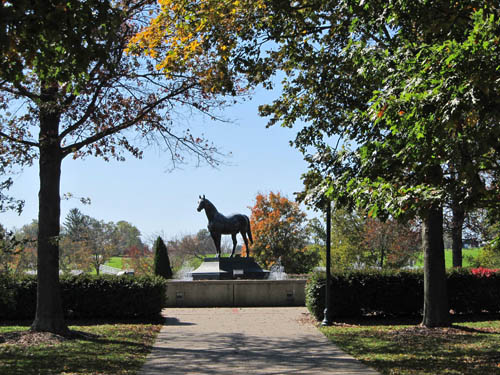Beauty
I’m getting older. I notice it in the aches of the body and the occasional weariness of the mind. I observe it in the mirror as my brown hair begins to fade, and my skin begins to crease. I sense it in the uncertainty I feel at times about which group I’m identified with — the older? or the younger?
Inside, I’ll always feel like the younger, or maybe the word is ageless, me. There’s that certain inner voice of my thoughts and reactions that I’ve always had — when I was 4, and Neil L. hit someone in the head with the bowling ball and the nursery school teacher told us all to close our eyes to understand how it would feel to be blind — when I was 5 and walked home from school, kicking through piles of autumn leaves — when I was 11 and rode my bike to Dandee Donuts to get milk in the early morning, and felt the giddy freedom of zig-zagging in the middle of the road, owning the street and the morning, out before anyone else.
On and on I could go. I’m the same me as I’ve been in so many vividly-remembered moments since.
But the truth is, my outer husk is aging. It unsettles me to see the change happening. That outer husk is part of my identity too.
A few years ago I read Stasi Eldredge’s Captivating, and for awhile afterward I copied down descriptions of beauty in the different books I read. I thought I’d share them here, at the pace of maybe one per week, for awhile. They’re good reminders that true beauty is ageless, as ageless as the inner voice we all have, and has far more dimensions than a youth-worshiping culture can acknowledge. They’re descriptions of a beauty that eludes the strictly visible, and can increase with age — like the beauty of my own grandmother’s smile.
This first one is from C.S. Lewis’s The Great Divorce:
I cannot now remember whether she was naked or clothed. If she were naked, then it must have been the almost visible penumbra of her courtesy and joy which produces in my memory the illusion of a great and shining train that followed her across the happy grass. If she were clothed, then the illusion of nakedness is doubtless due to the clarity with which her inmost spirit shone through the clothes. For clothes in that country are not a disguise: the spiritual body lives along each thread and turns them into living organs. A robe or a crown is there as much one of the wearer’s features as a lip or an eye.
But I have forgotten. And only partly do I remember the unbearable beauty of her face…
Every young man or boy that met her became her son—even if it was only the boy that brought the meat to her back door. Every girl that met her was her daughter…. [They] went back to their natural parents loving them more. Few men looked on her without becoming, in a certain fashion, her lovers. But it was the kind of love that made them not less true, but truer, to their own wives…. Every beast and bird that came near her had its place in her love. In her they became themselves. And now the abundance of life she has in Christ from the Father flows over into them… It is like when you throw a stone into a pool, and the concentric waves spread out further and further. Who knows where it will end? Redeemed humanity is still young, it has hardly come to its full strength. But already there is joy enough in the little finger of a great saint such as yonder lady to waken all the dead things of the universe into life.


